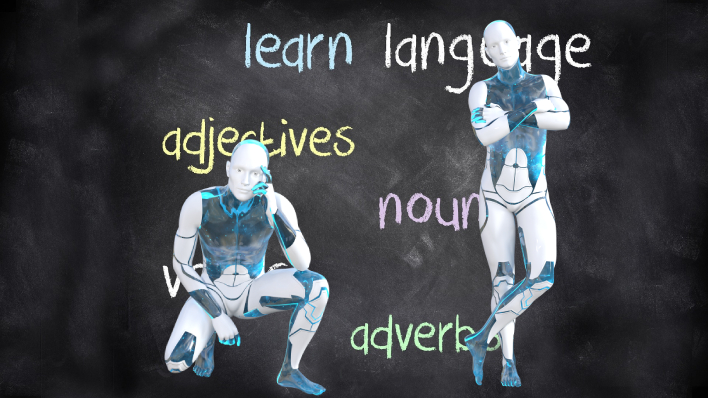AI Study Finds Robots Can Learn From Each Other Just Like Humans

Humans have learned from one another since the beginning of time. Whether in a classroom setting, or as casually as a gamer teaching someone how to navigate an unfamiliar map in a game, humankind depends on one another to further each other's knowledge base. Now, a team of researchers led by computer science Professor Laurent Itti and one of his Ph.D. students, Yunhao Ge, tackle whether robots can do the same.
The recently published paper, Lightweight Learner for Shared Knowledge Lifelong Learning, presents a new path to developing Lifelong Learning where AI agents are constantly learning as they come across new tasks while holding onto knowledge of previous tasks. The duo created a new tool, called SKILL (Shared Knowledge Lifelong Learning) to further explore the possibilities.

Once the AI has completed its specified task, it then shared its knowledge over a decentralized communications network and eventually masters knowledge of all 102 tasks.
"It's like each robot is teaching a class on its specialty, and all the robots are attentive students," explained Yunhao Ge, a feat teachers can only dream of. Ge added, "They're sharing knowledge through a digital network that connects them all, sort of like their own private internet."
The pair of researchers explain that the old process involving a single AI agent learning tasks sequentially is "inherently slow." The new process using SKILL, however, involves a set of algorithms that create a process that can go much faster. This is because the AI agents all learn at the same time in parallel. The research indicated that if 102 agents each learned one task and then shared their knowledge of said task with all the other agents, the amount of time needed for all of them to learn all 102 tasks is "reduced by a factor of 101.5 after accounting for the necessary communications and knowledge consolidation among agents."
Itti explained, "Traditionally, you first collect all the data you want your AI to learn, then you train the AI to learn it. But just like people, we're trying to create AI agents that can keep learning after they discover new things."
Itti summed up the research by remarking, "What if you, as a single person, had to learn all of human knowledge? That would be an insurmountable task. Humans have the means of sharing information. We are now pushing that idea into the AI domain." Now, we humans just need to hope that AI doesn't ever want to teach each other how to take over the world.

